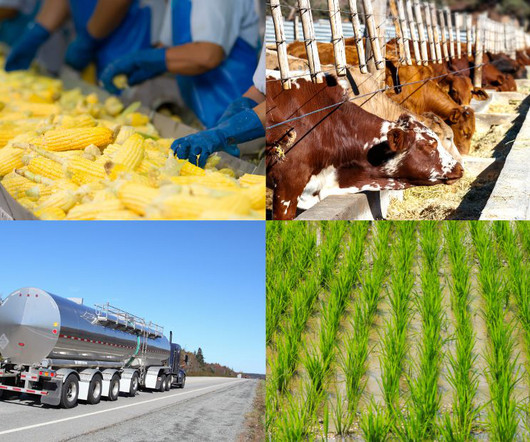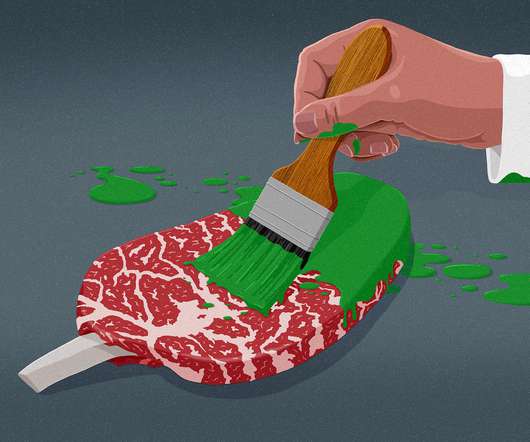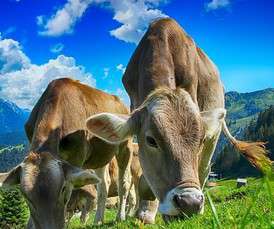Carbon-negative snack company AKUA offers kelp jerky and pasta
AGreenLiving
JANUARY 22, 2020
That made me think, ‘Wow, what if we could create a line of meat alternative products from one of the most sustainable sources of food on the planet?’ Related: Eating seaweed could reduce cows’ methane production Why is kelp a good idea for food sustainability? Kelp is also appealing because of its nutritional value.















Let's personalize your content